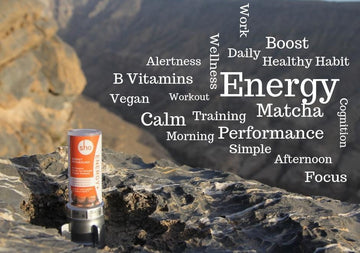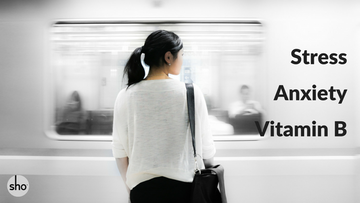Guest post by Brad Krause, founder of selfcaring.info.
When it comes to self-care for mental health, most of us know the basics. Exercise regularly, eat well, get enough sleep, and practice stress management: these are the broad, overarching tenets of self-care, and they are extremely important. However, their wide-ranging scope and long-term perspective can sometimes make these practices feel a bit intangible. What are some smaller, more immediate things we can do to improve our mental health in the moment?
Relax (Your Mind) Making relaxation a habit can take a while, especially for people who have trouble winding down. However, there are a few practices that provide quick, immediate results as well as long-term benefits.
Making relaxation a habit can take a while, especially for people who have trouble winding down. However, there are a few practices that provide quick, immediate results as well as long-term benefits.
Breathing meditation is a great example. As a regular habit, it can provide you with an invaluable tool for managing stress. Moreover, the soothing effects of deep breathing can be felt within minutes, as the heart rate lowers and the body calms down. Breathing is one of the most useful mental health tools in our arsenal, and it is also by far the most accessible.
Relax (Your Muscles)
The relationship between tense muscles and anxiety is complex, with the two often feeding into each other. Muscle tension is a common symptom of anxiety, but it can also lead to it or make it worse, even if caused by something else entirely. Two of the easiest ways to experience instant relaxation are via massage or by doing simple stretching exercises. 
If you can’t afford regular professional massages (few of us can), a home massage device is a good investment. Focus on specific target areas for best results. For example, if you spend a lot of time on your feet, invest in a foot massager. A less expensive alternative is to relax your feet by soaking in a warm epsom salt bath.
Go For A Walk This sounds like simplistic advice, but walking has been shown to be a useful intervention for managing depression. There are various reasons for this. For one, walking is a type of exercise, which in itself is good for your health. Secondly, being exposed to nature (and this includes a park or just a leafy part of town) is a big mental health booster. Finally, walking helps us think in more creative ways, which can help you see your problems more clearly and imagine solutions to them.
This sounds like simplistic advice, but walking has been shown to be a useful intervention for managing depression. There are various reasons for this. For one, walking is a type of exercise, which in itself is good for your health. Secondly, being exposed to nature (and this includes a park or just a leafy part of town) is a big mental health booster. Finally, walking helps us think in more creative ways, which can help you see your problems more clearly and imagine solutions to them.
Boost Your Energy
Low energy is not a cause of depression or anxiety, but it is a common symptom. You may assume there is nothing you can do to help in the short term, but you would be wrong. Making efforts to re-energize can help you boost your mental health on a day-to-day basis, which in turn can help you in the long run. One simple micro-nutrient in your diet or through supplementation may affect your energy level, B vitamins. And a simple self-care act of taking sho Energy+ supplement rich in essential Bs, Matcha green tea extract with a light touch of caffeine every day is an easy, healthy habit that can help you achieve this. Just be sure to speak to your doctor before starting any new supplements.

Give Yourself a Gentle Push
It is important to acknowledge that depression and anxiety can make you feel like you can’t physically get out of bed. When situations like these arise, try to push yourself if you can but don’t feel guilty if it’s not possible. Try some of these tips by Blurt, understand that this feeling will pass, and go for that walk as soon as you feel like you can manage it.
Practicing good mental health self-care can feel daunting. It can involve big lifestyle changes, new habits, and shifts in how you treat yourself and your body. These big steps are important and ultimately extremely rewarding, but that doesn’t mean that there aren’t quick ways to manage your mental health on a day-to-day basis. A combination of these simple acts with a more generalized commitment to self-care will get you in the right headspace for finding balance and happiness in your mental health.




![B Vitamins 101: What You Need to Know for Better Health [Infographic]-sho Nutrition LLC](http://www.shonutrition.com/cdn/shop/articles/a6b54228eaae9977106676b1cd48a1a4.png?v=1552771121&width=360)



Muchas gracias. ?Como puedo iniciar sesion?